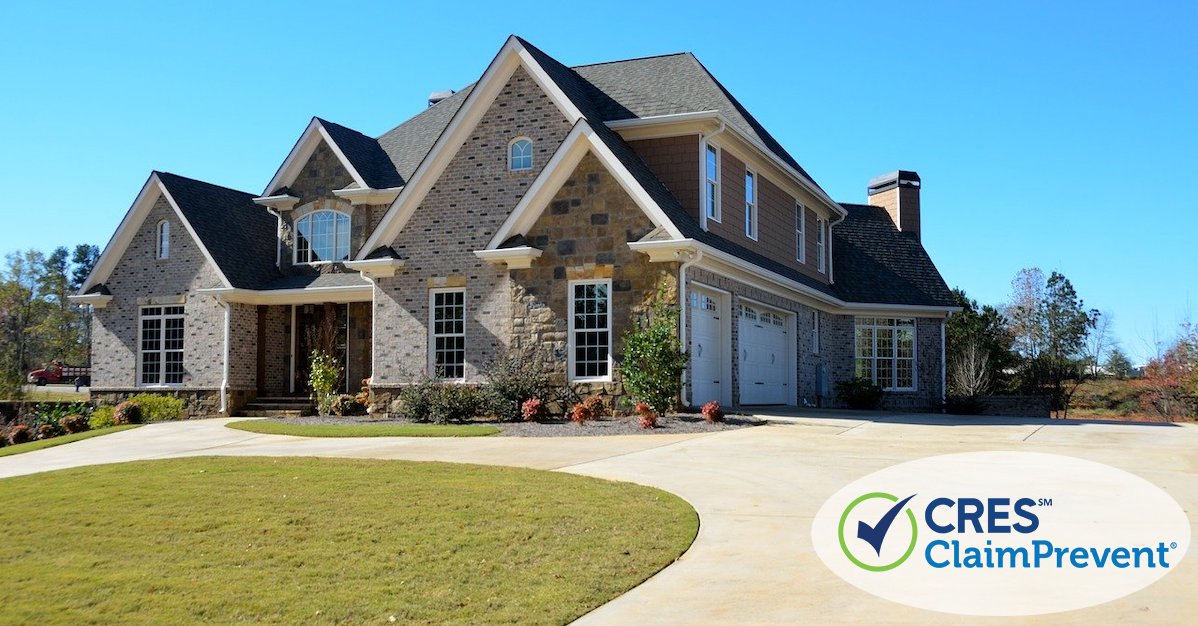We’d all love the pandemic to be over and business to get back to usual, but we’re not there yet. While many states are phasing in reopening and removing business restrictions, there are still state guidelines and covid-19 precautions to follow.
First, remember that state and local guidelines can change quickly, and you need to stay on top of updates. Check your state website for Covid-19 real estate regulations and updates regularly. Pay attention to announcements about new phases of reopening, which may allow or roll back certain activities. Professional organizations can help you stay up to date too. But make sure you’re focusing on news from your area, because states and localities vary significantly in what is allowed and what Covid-19 precautions they require.
Continue to follow CDC guidelines for cleaning and disinfecting, as well as those for activities outside the home, such as wearing a mask and social distancing. Showing homes can still happen with the right plan.
Covid-19 Precautions and Showing Protocols
Covid-19 precautions help protect you, as well as the seller and any potential buyers who visit the property or come into contact with you. Be aware that sellers may have requirements about anything that happens in their home. Include these along with Showing Protocols required by the state and your brokerage.
Showing protocols actually start before anybody sees a house in person. Have potential buyers preview the property. Robust online presentation, including photos and prerecorded video tours, are one option. You can also host a virtual showing or open house that gives potential buyers a chance to interact and ask questions in real time. Encourage interested parties to drive by the location if possible. All of these steps can help them determine if an in-person showing is worthwhile. In addition, having buyers show proof that they are prequalified helps establish serious buyers.
If the buyers really want a live view (and it is allowed in your area), you’ll need to take a number of covid-19 precautions:
- Before the showing, have the owner/tenant open interior doors, cabinets, closets, window treatments (and anything else that a buyer might want to open to see). Also turn on the lights before the showing. If the house is vacant, go in and do this ahead of time. All of these steps reduce surface contact during the showing.
- Meet clients at the property. Do not drive together.
- Ask clients to avoid touching surfaces. If possible, avoid having young children who may have trouble keeping hands to themselves inside homes.
- Wear a mask and require it of anybody coming into the house.
- Use hand sanitizer before entering.
- Open the door for the buyer.
- Stay 6 feet apart both inside and outside of a building.
- Do not shake hands or share pens or other items.
- Provide hand sanitizer again upon leaving and use it yourself.
- After a showing, sanitize any surfaces you or a client has touched, including lock boxes and keys.
In addition to reducing the risk of catching or spreading the virus, following covid-19 precautions may reduce liability. Many agents are concerned about liability should somebody get sick after a showing. Taking all the required steps reduces claims of negligence or failure to follow state orders. In addition, agents should check with their brokerage about waivers or hold harmless language. Brokerages should get their own legal guidance on this issue.
Even if you take all the precautions, you may find yourself in a situation where somebody tests positive for Covid-19. If you test positive, you should notify anybody you came in contact with. If a seller discloses that somebody in the household tested positive for Covid-19, you have generally a duty to disclose that to anybody who was in the house. Disclosure means letting people know that they may have been exposed, while keeping personal details confidential. Follow the correct protocol for notification. Your state real estate department or your brokerage may have forms or letters to use for this purpose.
Be Sure You Have Real Estate Errors and Omissions Insurance
Protect your real estate business with real estate E&O insurance from the experts at CRES. Real Estate E&O has been our focus for more than 25 years, and we have access to more real estate errors and omissions plans than just about anyone else (we’re part of one of the largest insurance brokers in the world). CRES E&O plans can include Open House and Showings coverage for third-party injury and damage during your showings, as well as from real estate signage.
